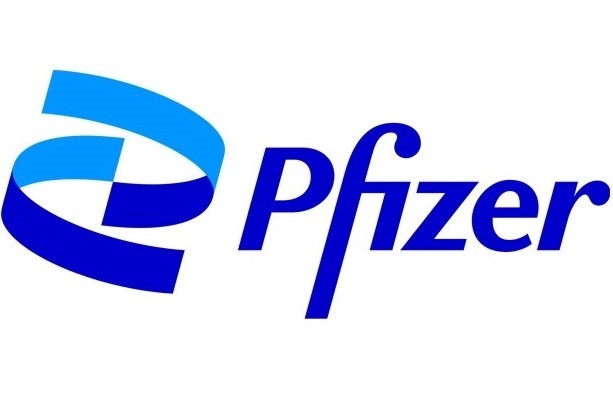Pfizer announced that its investigational gene therapy, fordadistrogene movaparvovec, failed to meet the primary endpoint of improving motor function in ambulatory patients with Duchenne muscular dystrophy (DMD) in the phase 3 CIFFREO study (NCT04281485). Despite this setback, Pfizer emphasized its commitment to monitoring participants and determining the appropriate next steps for the program.
The CIFFREO trial aimed to assess the efficacy of the gene therapy by measuring the change from baseline in the North Star Ambulatory Assessment one year after treatment. Unfortunately, the results showed no significant difference in motor function improvement between the treatment and placebo groups. Secondary endpoints, such as 10-meter run/walk velocity and time-to-rise from floor velocity, also did not show significant improvements. Nevertheless, the treatment’s overall safety profile was deemed manageable, with mostly mild to moderate adverse events (AEs) reported, and treatment-related serious AEs generally responding to clinical management.
Dan Levy, MD, PhD, Pfizer’s development head for DMD, expressed deep disappointment in the trial results. He stated that detailed findings would be shared at upcoming medical and patient advocacy meetings, with the aim of utilizing insights from this trial to enhance future clinical research and development of DMD treatments. Levy extended gratitude to the participants, their families, advocates, and investigators involved in the research efforts.
As reported by NeurologyLive, the Pfizer DMD gene therapy team emphasized the importance of patient safety and well-being in their clinical trials. They remain dedicated to sharing information with the medical and patient communities and continuing to collect data to evaluate the gene therapy’s potential benefits for treating DMD.
























